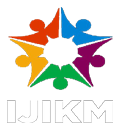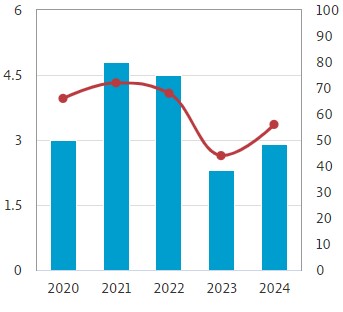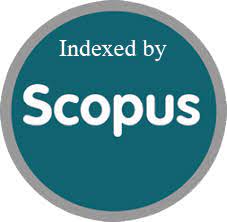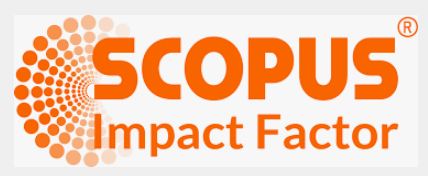IMPLEMENTING MOBILE CLOUD COMPUTING IN HIGHER EDUCATION INSTITUTIONS: A QUALITATIVE INVESTIGATION OF INFLUENTIAL FACTORS
Keywords:
mobile cloud computing, cloud computing, higher education, diffusion of innovation, technology-organization-environmentAbstract
Aim/Purpose
The primary goal of this research is to analyze the factors that influence the implementation of Mobile Cloud Computing (MCC) in Higher Education Institutions (HEIs).
Background
Despite MCC’s benefits in lowering technology and administration costs, HEIs, particularly in developing countries such as Palestine, are skeptical and hesitant to use this technology. This research provides a model of MCC implementation based on the Technology-Organization-Environment framework (TOE) combined with the Diffusion of Innovation (DOI) model.
Accepting Editor Tharrenos Bratitsis │ Received: August 19, 2024│ Revised: December 8, December 25, 2024 │ Accepted: December 31, 2024.
Cite as: Qashou, I. M. A., Bahar, N., & Mohammad, H. (2025). Implementing mobile cloud computing in higher education institutions: A qualitative investigation of influential factors. Interdisciplinary Journal of Information, Knowledge, and Management, 20, Article 2. https://doi.org/10.28945/5423
(CC BY-NC 4.0) This article is licensed to you under a Creative Commons Attribution-NonCommercial 4.0 International License. When you copy and redistribute this paper in full or in part, you need to provide proper attribution to it to ensure that others can later locate this work (and to ensure that others do not accuse you of plagiarism). You may (and we encourage you to) adapt, remix, transform, and build upon the material for any non-commercial purposes. This license does not permit you to use this material for commercial purposes.
Methodology
Data were collected through qualitative semi-structured interviews with a targeted sample of ten IT experts and professionals from Palestinian Higher Education Institutions (PHEIs) and local cloud service providers. The obtained data was examined using thematic analysis in the NVIVO software.
Contribution
The findings can be used as a guide for introducing MCC in higher education settings. It will lead to a better understanding of MCC implementation by HEIs, which can help institutions harness the benefits and progress offered by MCC, enabling them to overcome challenges and enhance their operations. The study will provide valuable suggestions for the initial steps HEIs can take towards MCC implementation. Moreover, it will benefit cloud service providers, as it will enhance their understanding of the factors that influence MCC implementation in HEIs. This will help them tailor their services and solutions better to meet the unique needs and requirements of the higher education sector.
Findings
The results show that data security risks, relative advantages, compatibility, complexity, top management support, competitive pressure, and cloud service provider support all have a substantial impact on MCC implementation. The interviewed IT specialists also proposed two new contributing factors (technology readiness and government support).
Recommendations for Practitioners
The results are expected to aid decision-makers at HEIs and cloud service providers by focusing on the crucial role of the factors that appeared in the study.
Recommendations for Researchers
It is recommended that researchers in future studies test the proposed model in settings and cultures different from the context in which this study was conducted. In addition, surveying the opinions of other stakeholders and adding other factors not included in the research are important to provide different perspectives and generalize the results.
Impact on Society
Understanding the factors that influence the implementation of MCC in HEIs can enhance access to educational resources for both learners and teachers while promoting innovation in teaching and learning. Additionally, this understanding aids in the development of educational institutions, enabling them to contribute to societal progress by improving the quality of education and fostering global cooperation, ultimately leading to the advancement of society.
Future Research
Examining the long-term effects of MCC implementation on educational outcomes, student performance, and institutional efficiency will offer valuable insights into the enduring advantages and possible limitations of these technologies. Future research should also investigate the impact of emerging technologies like Artificial Intelligence (AI) and Machine Learning (ML) in enhancing the functionality and effectiveness of MCC within educational environments. Furthermore, conducting comparative research across various regions and educational systems might help to identify the socioeconomic factors that influence MCC acceptance and implementation.





